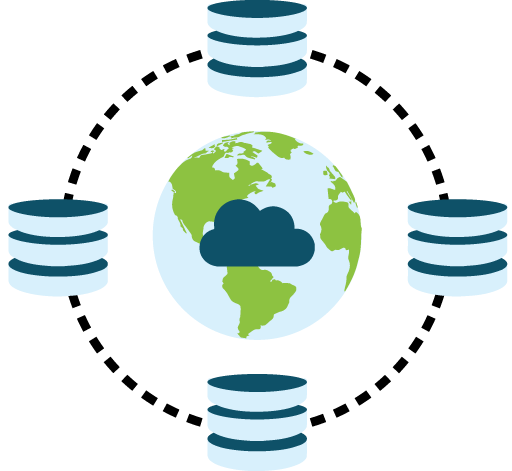
Protected Cloud™ Security
File security is the number one concern of IT managers with regard to the Cloud, and it’s no wonder, since using a Public Cloud such as Amazon’s AWS S3 to store your company files demands the assurance of high security. BridgeSTOR’s Coronado NAS Gateway with ProtectedCloud™ Security fills this need with a whole family of features that work together for the protection of your data – including Authentication, Encryption and User and Group Access Control. The features of the ProtectedCloud Security are made possible by BridgeSTOR’s own Cloud Storage File System (CSFS™), the product of many years of development.